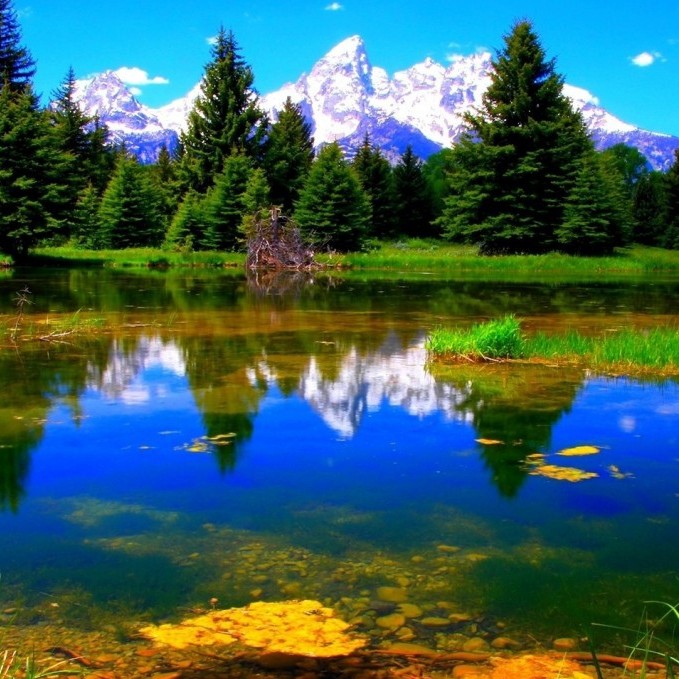Today, I was looking for inspiration on a topic to write about and the top story on Mashable was about Earth Day!
It listed some pretty earth-shattering facts, such as “An estimated 40 million acres of forest are lost each year” and “We dump 19.4 billion pounds of plastic into the ocean every year”. For the other facts, see the video below.
<iframe src=’//players.brightcove.net/1130468786001/82aa0c71-8d04-464e-a66f-d6f007663844_default/index.html?videoId=4187430284001′ frameborder=0></iframe>
After reading these facts, I was inspired to find out how we as change makers can help (now and in the future). Obviously, we can recycle and conserve energy by turning off the lights when we leave a room, but we can also set our sights high on one of the nonprofits that have started fighting this manmade climate change. Check out these nonprofits (and get involved with some of their efforts) below:
- 350.org. An international campaign dedicated to fighting climate change, 350.org gets its name from the maximum level of atmospheric carbon dioxide — 350 parts per million (ppm) — that climate scientists agree will maintain our planet’s long-term ecological health.
- Cornucopia Institute. This plucky nonprofit, headquartered in Cornucopia, Wis., supports sustainable agriculture and often challenges Big Ag and even the USDA — and wins.
- Earth Policy Institute. This group, founded by internationally renowned environmentalist Lester Brown and based in Washington, D.C., produces authoritative reports on global issues, as well as detailed roadmaps for how to solve interconnected environmental and social challenges.
- Friends of the Earth. Whether via exposing corruption in Keystone XL pipeline proposals or persuading thousands of grocery stores not to carry genetically modified salmon, this nonprofit is a hard-hitting voice pressing for change locally, on the global stage, and politically in the halls of Congress.
- Natural Resources Defense Council. The NRDC uses law, science and the support of 1.4 million members and online activists to protect wild places and foster a safe and healthy environment for people and wildlife alike.
- Nature Conservancy. Since its foundation in 1951, this global conservation group has safeguarded more than 115 million acres of land from development.
- Organic Seed Alliance. The leading organic seed institution in the United States, this group conducts organic plant-breeding and seed-production research, educates farmers, and advocates for national policies that strengthen and protect organic seed systems.
- Pew Charitable Trusts. The Environment Group branch of the Pew Charitable Trusts is a global organization that advises international policymakers on many crucial environmental issues, which it divides into three categories: ocean, land and energy.
- Sierra Club. The Sierra Club, founded in 1892, has an impressive, storied history and is one of the oldest and largest grass-roots environmental organizations in the United States.
- Union of Concerned Scientists. This alliance of more than 400,000 citizens and scientists uses scientific analysis to push for responsible changes in government policy, corporate practices and consumer choices.
Hopefully, one day you will find a way to stop (and preferably reverse) some of the damage that humans have caused. Until you become a famous researcher or CEO of one of the innovative companies above, apply for an ELA award to attend a conference or work an internship fighting environmental issues this summer. OR if you already have an idea for a social venture, apply for an Alvarez award and get that idea rolling before school starts up again.
